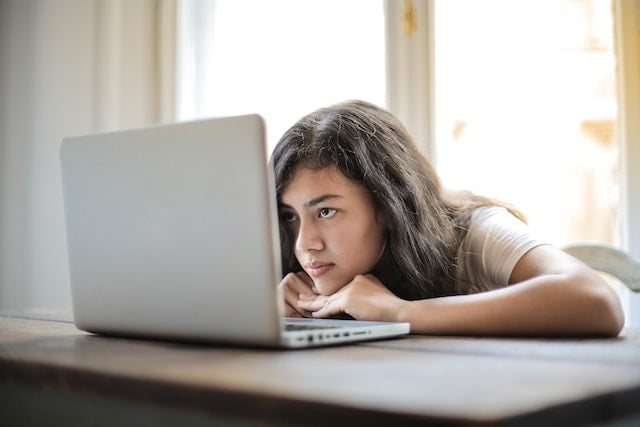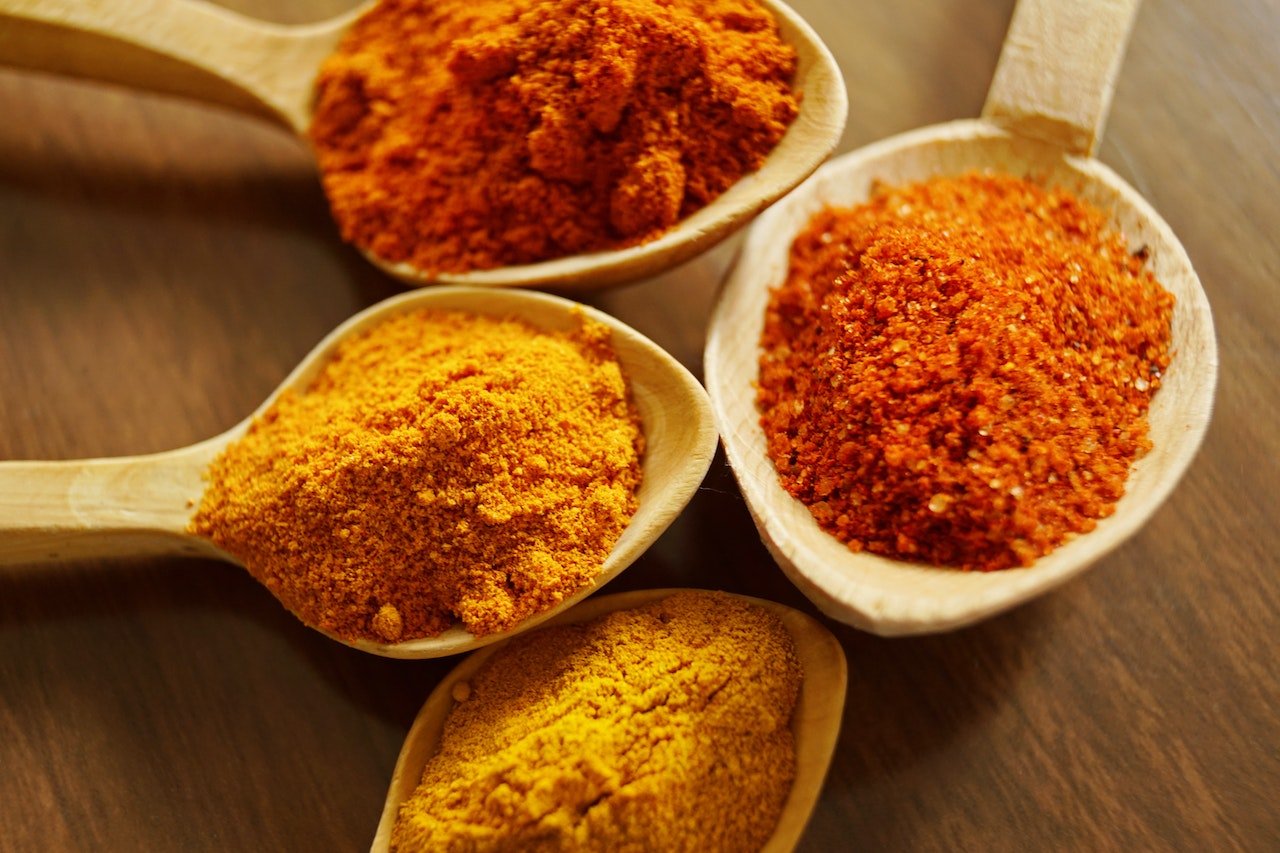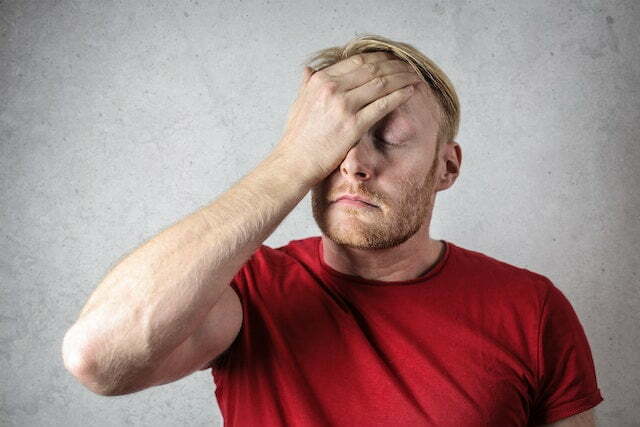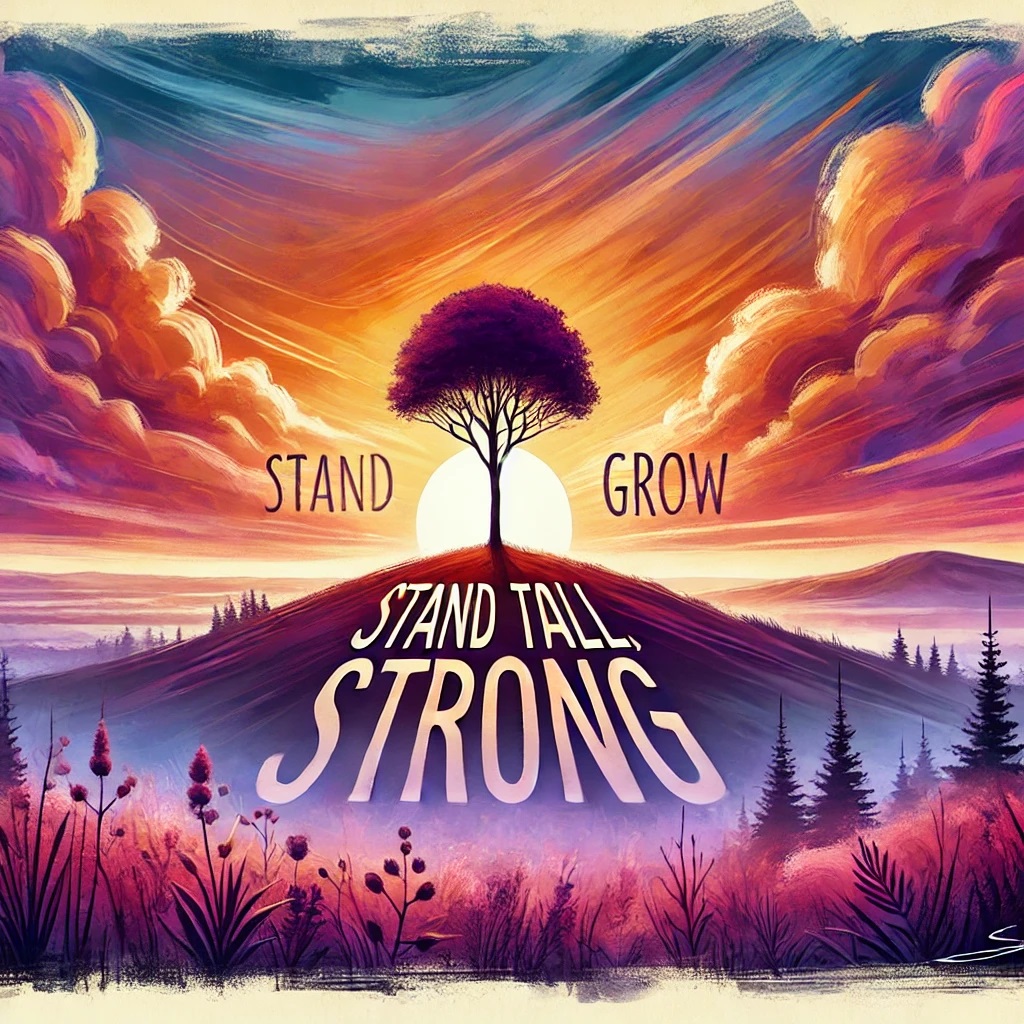Social media has become a ubiquitous part of modern life, with billions of users across the globe using platforms such as Facebook, Twitter, Instagram, and TikTok to connect with others and share their lives. While social media can provide a valuable source of connection and entertainment, it can also contribute to social anxiety. In this article, we’ll explore how social media contributes to social anxiety and provide practical solutions to help you manage it.
The Social Comparison Trap
One of the ways social media contributes to social anxiety is through the social comparison trap. Social media platforms allow users to present idealized versions of themselves, showcasing their best moments and accomplishments while hiding their vulnerabilities and flaws. This can create a distorted view of reality, making it easy to feel like you don’t measure up to others.
For example, seeing a friend’s perfectly curated Instagram feed or reading about their exciting travel experiences can lead you to compare your own life unfavorably. This can lead to feelings of inadequacy, low self-esteem, and social anxiety.
Fear of Missing Out (FOMO)
Another way social media contributes to social anxiety is through FOMO, or the fear of missing out. Social media presents a constant stream of information and updates from friends, family, and celebrities. This can create pressure to stay connected and be “in the know,” even if it means sacrificing sleep, work, or other important aspects of life.
FOMO can create feelings of anxiety and stress, making it difficult to disconnect from social media and relax. For example, seeing pictures of your friends having fun at a party you didn’t attend can make you feel excluded and anxious, even if you had no interest in going in the first place.
Practical Solutions
Fortunately, there are practical solutions that can help you manage social anxiety related to social media. Here are some examples:
- Limit Your Social Media Use: Limiting your social media use can help reduce feelings of anxiety and stress. This can involve setting aside specific times of day to check your accounts and avoiding social media before bed or first thing in the morning.
- Practice Mindfulness: Practicing mindfulness techniques such as meditation, deep breathing, or yoga can help you manage social anxiety related to social media. Mindfulness can help you become more aware of your thoughts and feelings, allowing you to recognize and challenge negative thought patterns.
- Be Selective About Who You Follow: Be selective about who you follow on social media, choosing to follow accounts that inspire and uplift you rather than those that trigger feelings of inadequacy or FOMO.
- Connect with Others Offline: Making an effort to connect with others offline can help you build more authentic and meaningful relationships, reducing the need to rely on social media for connection and validation.
- Seek Professional Help: If social anxiety related to social media is causing significant distress or interfering with your daily life, seeking professional help from a therapist or counselor can provide you with the tools and support you need to manage it.
In conclusion, social media can contribute to social anxiety through the social comparison trap and FOMO. However, by limiting your social media use, practicing mindfulness, being selective about who you follow, connecting with others offline, and seeking professional help, you can reduce feelings of anxiety and stress and improve your overall well-being. Remember there is a World outside Social Media.














